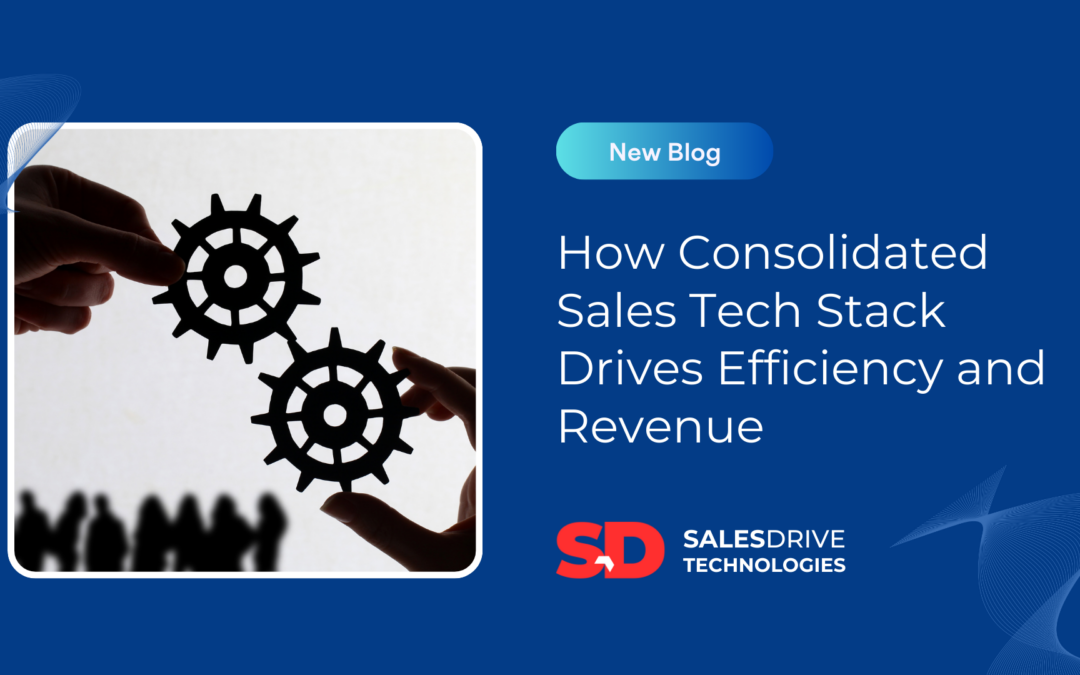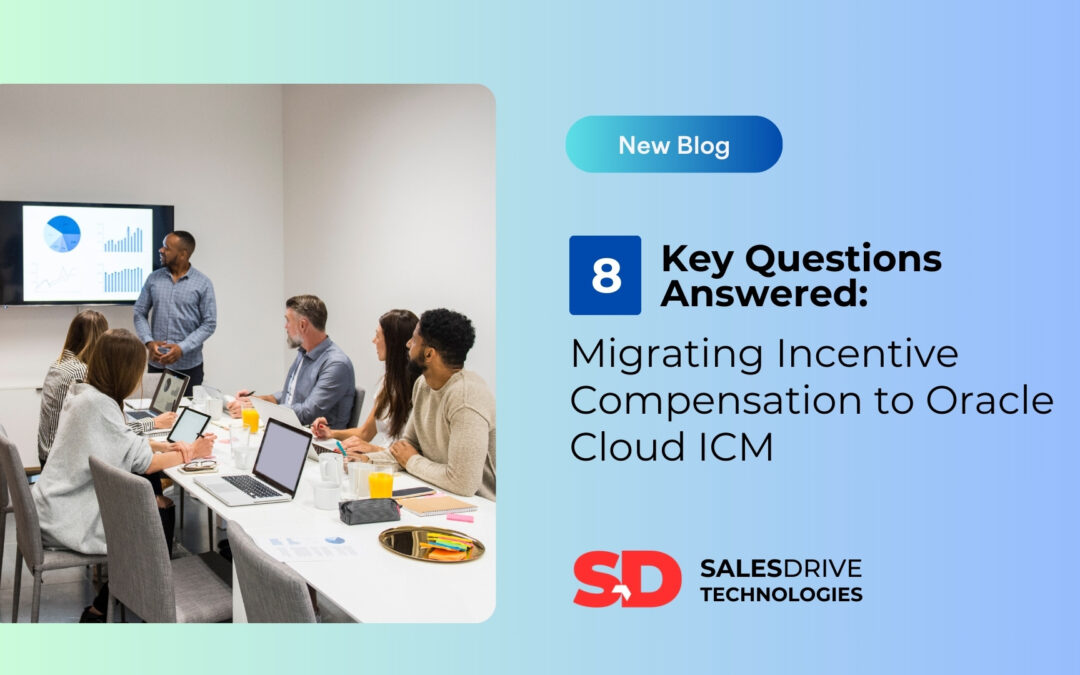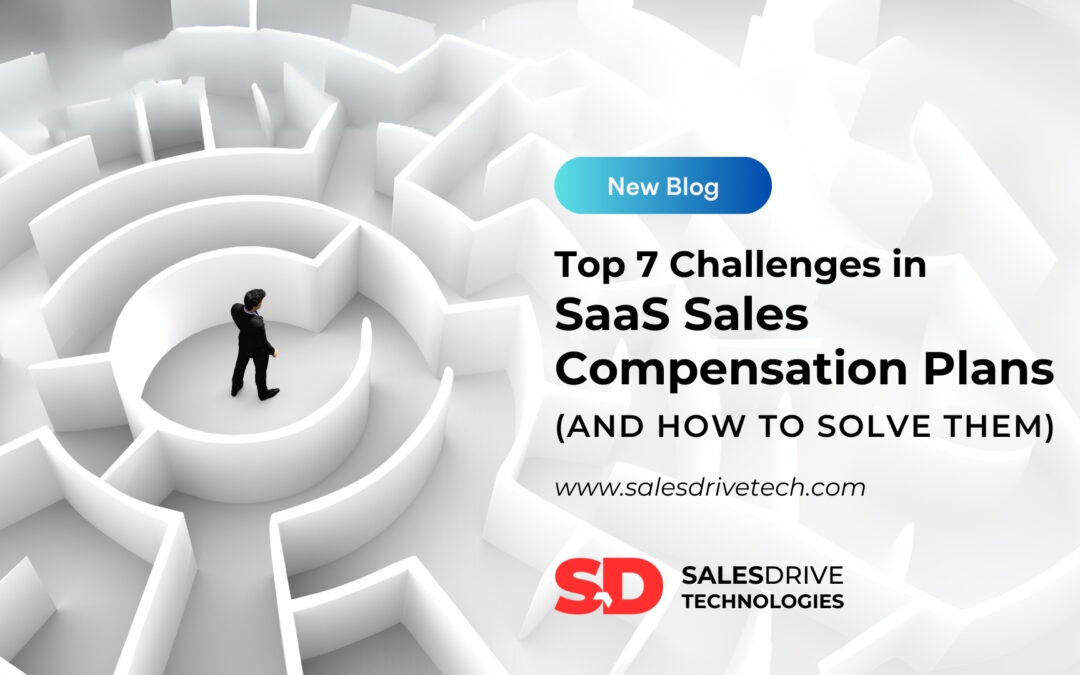In times of economic uncertainty, businesses often face the challenge of maintaining sales growth and keeping their teams motivated. Often they come up with innovative sales strategies to counter economic slowdown. Incentive compensation planning becomes a crucial tool in ensuring that these strategies are executed to perfection and drive sales success. With the right strategies for both sales growth and complementary incentive compensation in place, businesses can not only survive but thrive in challenging economic conditions.
In this article, we will explore how incentive compensation planning can be a game-changer for sales teams navigating economic downturns. By aligning compensation packages with specific goals and objectives, businesses can motivate their sales teams to achieve outstanding results. We will delve into the various components of an effective incentive compensation plan, including goal setting, performance measurement, and reward structures. Additionally, we will discuss the role of technology in streamlining the process and ensuring transparency.
So, if you’re looking for ways to steer your sales team towards success even in the midst of economic uncertainty, keep reading to discover the power of incentive compensation planning.
Understanding Economic Downturns and Their Impact on Businesses
Economic downturns can have a significant impact on businesses, causing a decline in consumer spending and a general slowdown in economic activity. During these periods, businesses experience reduced sales, decreased profits, and increased competition. It becomes crucial for organizations to adapt their strategies to navigate these challenging times successfully.
One of the main challenges during economic downturns is maintaining sales growth. With consumers tightening their wallets and being more cautious with their spending, businesses must find ways to motivate their sales teams to achieve exceptional results. Incentive compensation planning provides a powerful solution by aligning rewards with specific performance targets, driving sales success even in difficult economic conditions.
A Brief Summary of Sales Strategies to Follow During Economic Downturn
During economic downturns, businesses must adapt their sales strategies to the changing market conditions. This involves a careful analysis of the current economic landscape and a comprehensive understanding of customer behavior. By adjusting their sales strategies, businesses can position themselves for success even in challenging times.
One of the key strategies during an economic downturn is to focus on customer retention and loyalty. Existing customers can be a valuable source of revenue, and nurturing these relationships becomes even more critical during tough economic times. By providing exceptional customer service, offering personalized solutions, and maintaining open lines of communication, businesses can build customer loyalty and ensure repeat business.
Another important strategy is to identify and target niche markets. During an economic downturn, certain industries or consumer segments may be more resilient than others. By conducting market research and identifying these niche markets, businesses can tailor their products or services to meet the specific needs of these customers. This targeted approach can lead to increased sales and a competitive advantage in the market.
The Role of Incentive Compensation Planning in Driving Sales Success During Economic Downturn
Incentive compensation planning plays a crucial role in driving sales success during economic downturns. By aligning compensation packages with specific goals and objectives, businesses can motivate their sales teams to achieve outstanding results, even in challenging economic conditions.
One of the primary benefits of incentive compensation planning is that it provides a clear framework for performance measurement. By defining specific metrics and targets, businesses can track the progress of their sales teams and identify areas for improvement. This data-driven approach allows businesses to make informed decisions and allocate resources effectively, ensuring maximum return on investment.
Furthermore, incentive compensation planning creates a sense of accountability among sales teams. When employees know that their performance directly impacts their compensation, they are more likely to go above and beyond to achieve exceptional results. This heightened motivation can drive sales success, even in the face of economic uncertainty.
Best Practices for Navigating Economic Downturns with Incentive Compensation Planning
To effectively navigate economic downturns with incentive compensation planning, businesses should follow best practices that promote success. These practices include:
-
- Setting Realistic Goals: During economic downturns, it is essential to set realistic goals that take into account the current market conditions. Unrealistic targets can demotivate sales teams and lead to frustration. By setting achievable goals, businesses can maintain morale and drive sales success.
- Rewarding High Performers: Incentive compensation plans should include attractive rewards for high performers. By recognizing and rewarding exceptional sales performance, businesses can create a culture of excellence and motivate other team members to strive for greatness.
- Providing Regular Feedback: Regular feedback is crucial during economic downturns. Sales teams need to know how they are performing and where they can improve. By providing constructive feedback, businesses can help their sales teams develop their skills and achieve better results.
- Ensuring Transparency: Transparency is key in incentive compensation planning. Sales teams should have a clear understanding of how their compensation is calculated and what they need to do to earn rewards. This transparency builds trust and ensures that everyone is on the same page.
Designing Incentive Compensation Structures That Align With Business Objectives
Designing effective incentive compensation structures is essential for driving sales success during economic downturns. These structures should align with the business objectives and motivate sales teams to achieve specific targets.
One common approach is to incorporate both short-term and long-term incentives. Short-term incentives provide immediate rewards for achieving specific sales targets, while long-term incentives focus on sustained performance over a more extended period. This combination ensures that sales teams are motivated in the short term while also encouraging long-term growth.
Additionally, businesses should consider incorporating non-financial incentives into their compensation packages. These can include recognition programs, career development opportunities, and additional perks or benefits. By offering a range of incentives, businesses can appeal to different motivations and drive sales success from various angles.
Communicating the Incentive Compensation Plan to Sales Teams
Effective communication is critical when implementing an incentive compensation plan during economic downturns. Sales teams need to understand the plan’s objectives, how their performance will be measured, and what rewards they can expect.
Businesses should communicate the incentive compensation plan clearly and consistently. This can be done through team meetings, one-on-one discussions, and written materials such as handbooks or guides. Regular updates and reminders can help keep the plan top of mind and ensure that everyone is working towards the same goals.
Monitoring and Adjusting the Incentive Compensation Plan During Economic Downturns
Monitoring and adjusting the incentive compensation plan during economic downturns is essential to ensure its effectiveness. Businesses should regularly review the plan’s performance and make necessary adjustments based on market conditions and sales team feedback.
Monitoring can involve tracking sales performance, analyzing customer trends, and soliciting feedback from sales teams. By staying informed about the changing landscape, businesses can make informed decisions and adapt their incentive compensation plan accordingly.
Case Study: Successful Incentive Compensation Planning During Economic Downturns
To illustrate the power of incentive compensation planning during economic downturns, let’s take a look at what RetailCo (name masked because of non disclosure) did during the Covid Pandemic:
RetailCo, a retail business that sells clothing and accessories, faced a significant decline in sales during the COVID-19 pandemic. As customers settled into hybrid and remote work, the company recognized an opportunity to cater to their needs by designing special clothing suitable for the formal plus casual mode of dressing for work. To promote this new line, RetailCo offered it both in-store and online, utilizing online ads to reach a broader audience.
Additionally, RetailCo saw an opportunity to complement their clothing line strategy by partnering with furniture brands that were selling office equipment for home use and trendy space-saving furniture. This collaboration allowed RetailCo to create enticing bundles, offering customers the convenience of a one-stop-shop for both their clothing and home office needs. The trendy space-saving furniture quickly caught the attention of customers, leading to a surge in sales for RetailCo.
To align their incentive compensation plan with this new strategy, RetailCo made the following adjustments:
Cross-Selling Incentives: Sales representatives were incentivized to promote the bundled offerings of clothing and trendy space-saving furniture. They received a higher commission when customers purchased both the new hybrid workwear line and the furniture items together.
Partner Collaboration Bonus: RetailCo introduced a special bonus for sales representatives who successfully established partnerships with furniture brands. This encouraged the sales team to actively seek out and nurture collaborations that would mutually benefit both RetailCo and the furniture brands.
Upselling for Home Office: To drive larger orders and enhance customer satisfaction, sales representatives were motivated to upsell additional office equipment or furniture accessories to complement the home office setup.
Training on Furniture Products: RetailCo provided training sessions for sales representatives to become knowledgeable about the features and benefits of the trendy space-saving furniture. This ensured that they could effectively communicate the value of the furniture items to customers.
Recognition for Cross-Category Sales: Sales representatives who excelled in selling both clothing and furniture items received special recognition and rewards for their ability to meet customers’ diverse needs.
By aligning the incentive compensation plan with the furniture partnership strategy, RetailCo saw impressive results. Sales representatives actively promoted the bundled offerings, resulting in increased average order values and customer satisfaction. The collaboration with furniture brands allowed RetailCo to tap into a new customer segment and expand their market reach.
As sales representatives earned more significant commissions through cross-selling and upselling, their motivation and engagement levels soared. The bonus for establishing partnerships encouraged the sales team to seek out other mutually beneficial collaborations, leading to even more growth opportunities for the business.
Overall, the combination of the new hybrid workwear line, the partnership with furniture brands, and the adjusted incentive compensation plan allowed RetailCo to successfully navigate the challenges of the pandemic. By continuously adapting their strategies and empowering their sales team, RetailCo emerged as a stronger and more competitive business in the evolving retail landscape.
Driving Sales Success with Oracle Incentive Compensation Solution
Oracle Incentive Compensation Solution can greatly benefit companies like RetailCo by automating and optimizing their incentive compensation processes. With this module, RetailCo can design and implement incentive plans tailored to their specific business goals and market conditions, ensuring that sales teams are motivated and aligned with company objectives. The platform provides transparency, enabling sales representatives to understand how their compensation is calculated, which builds trust and encourages performance. By leveraging Oracle Incentive Compensation Planning module, RetailCo can efficiently manage complex compensation structures, reward high performers, and adapt their plans during economic downturns, fostering a culture of excellence and maximizing sales success.
Maximize Sales Success with SalesDrive: Your Expert Incentive Compensation Consultant and Oracle Solution Implementer
Hiring SalesDrive Technologies as an Oracle Incentive Compensation solution implementer would be a game-changer for companies like RetailCo. With their wealth of experience in incentive compensation planning and deep technological expertise, SalesDrive brings unmatched value to the table. Their team of skilled professionals ensures that RetailCo receives top-notch service and tailored solutions that align with their unique business goals. Leveraging their proprietary 5-phase approach, SalesDrive guarantees both cost-effectiveness and innovation in the implementation process. By partnering with SalesDrive, RetailCo can confidently optimize their incentive compensation plans, motivating their sales teams, and driving remarkable sales success, even during challenging economic downturns.
Conclusion
In times of economic uncertainty, businesses must adapt their strategies to maintain sales growth and keep their teams motivated. Incentive compensation planning provides a powerful tool for driving sales success during economic downturns. By aligning compensation packages with specific goals and objectives, businesses can motivate their sales teams to achieve outstanding results.
Through effective goal setting, performance measurement, and reward structures, businesses can navigate economic downturns and thrive in challenging conditions. By incorporating best practices, designing compensation structures that align with business objectives, and communicating the plan effectively, businesses can steer their sales teams towards success.
In conclusion, incentive compensation planning plays a vital role in driving sales success and should be considered a fundamental component of any business strategy, especially during economic downturns. By embracing this powerful tool, businesses can not only survive but thrive in the face of economic uncertainty.




